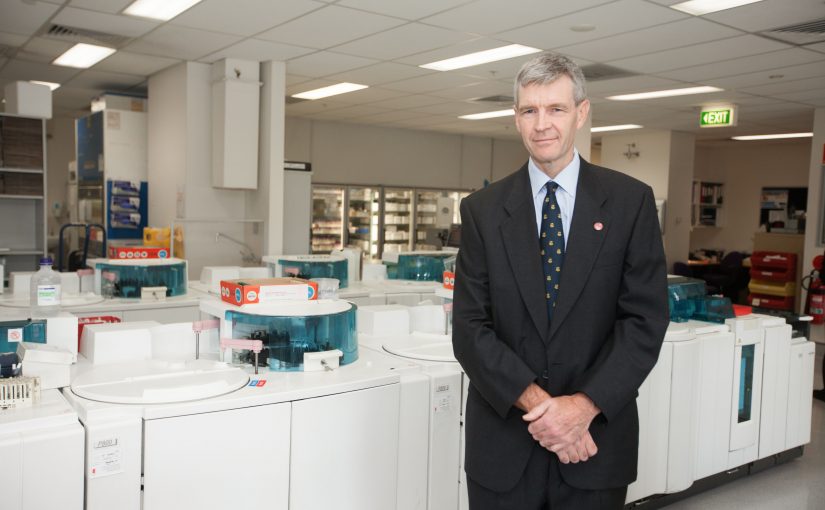This article first appeared in 6minutes on 20th September 2016. Read the original here
Non-fasting lipid (cholesterol) testing will soon be the norm, with new guidelines set to be released in Australia next year.
While some laboratories and doctors are already accepting non-fasting samples, under the current recommendations patients referred for lipid testing are generally asked to fast for eight to 12 hours beforehand.
However, the latest evidence shows that non-fasting tests are just as good at predicting cardiovascular risk and much more convenient for patients.
But a fasting sample will still be preferred in some cases, says Professor Graham Jones, a chemical pathologist and spokesperson for Pathology Awareness Australia.
UK guidelines already endorse non-fasting lipid profiles and a consensus statement published this year in the European Heart Journal also recommended them.
As most people would usually have just a couple of hours between meals, the EHJ article says non-fasting tests may be more reflective of the patient’s usual status.
“We already know that a percentage of people don’t present for pathology tests when a doctor requests them and so it’s important that we remove barriers to testing where possible,” says Prof Jones.
However, he says it is still recommended to avoid alcohol and fatty foods on the days of testing be avoided.

